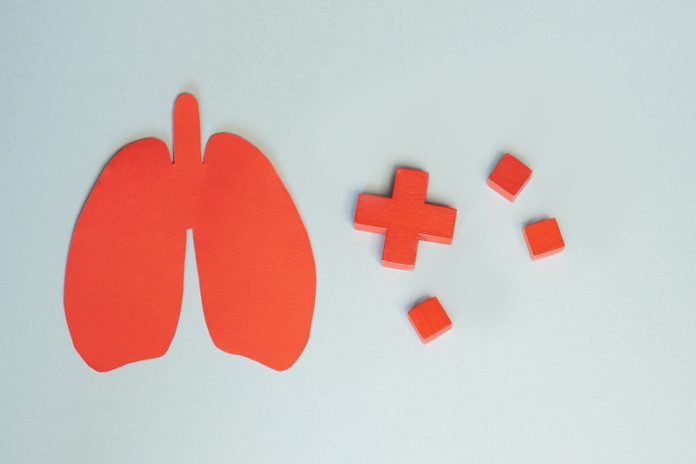Prof Dr Freimut Schliess, Director of Science & Innovation at the Profil Institut für Stoffwechselforschung GmbH, underlines the importance of continuous real-world monitoring of cardiorespiratory health, including adding value to pivotal clinical trials
Clinical trial sponsors, contract research organizations (CROs) and regulatory authorities recognise the high need for person-generated real-world data integration in early phase clinical trials. Indeed, real-world data will play a key role in generating robust pre-approval evidence for the real-world effectiveness of drugs and devices if data acquisition and processing meet all legal and regulatory standards. Particularly, continuous real-world monitoring of cardiorespiratory health could help to better anticipate potential safety and tolerability issues by complementing the rigorous assessments in the clinical research unit.
Together with European partners, Profil is developing an artificial intelligence (AI) -powered system for the remote monitoring of cardiorespiratory health in pivotal clinical research. MyHeartSentinel is a coin-sized class III medical device anchored to the fundus of the stomach in immediate proximity to the heart, the lung and the gastric tract. Based on a new generation and multi-parameter sensor technology, the device will acquire a huge array of cardiorespiratory health parameters for an AI-powered derivation of digital biomarkers. We connect MyHeartSentinel to a smartphone-based communication platform. This platform enables digital assessment of patient-reported outcome measures and uses data dashboard tailored to clinical research for data analytics.
A strong focus lies on developing cybersecurity strategies to efficiently protect the cloud-based data solution and the platform of personal data lifecycle management. It is a key step to ensure full legal and regulatory compliance with European and U.S. requirements. Key design features include the seamless connectivity and interoperability with different data sources, dynamic and fine-grained consent management, as well as the provision of privacy-preserving data access, secure hooks to external algorithms and access to audit logs and pre-built compliance services.
For clinical CROs the creation and AI-powered exploitation of big real-world cardiorespiratory health data repositories brings with it the opportunity to develop data management and statistics towards a full portfolio of integrated data science services encompassing personal data lifecycle management – in full compliance with ICH, GCP, GDPR (Europe), HIPAA (US), CDISC (FDA), 21CFR11 (FDA) and other regulatory requirements and legal obligations. Services will include consolidated interpretation of digital biomarker signatures derived from real-world data exploitation. Considering our own track record in publishing and presenting clinical trials outcomes, we foresee a key role for independent CROs in disseminating real-world evidence from pivotal clinical research to a diverse stakeholder audience, which includes scientific and healthcare communities and regulatory authorities.
In the pan-European AP@Home Consortium, Profil has co-implemented one of the landmark real-world clinical trials in diabetes – revealing that it is effective and safe for patients with Type 1 diabetes to receive insulin at home by using an automated insulin delivery system. Our recent development partnership is part of a well-curated pan-European innovation portfolio. Tackling ethical, legal and social issues, designing and implementing training & education activities and developing outcome predictors and performance indicators are at the heart of our partnership. We firmly believe that this approach will lead to high user acceptance of the proposed solution in pivotal clinical research, clearly beyond merely meeting the mandatory regulatory and legal standards. By collaborating with leading university hospitals in Germany and France, we also focus on providing an ethical and operational blueprint for the AI-powered exploitation of patient-generated data in clinical care.








